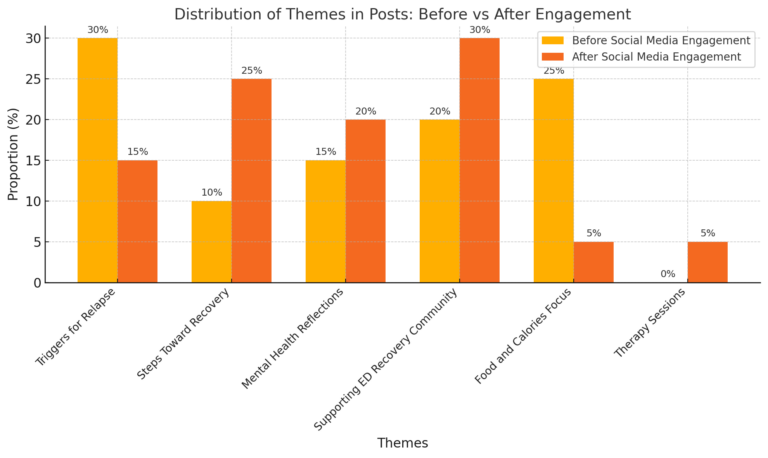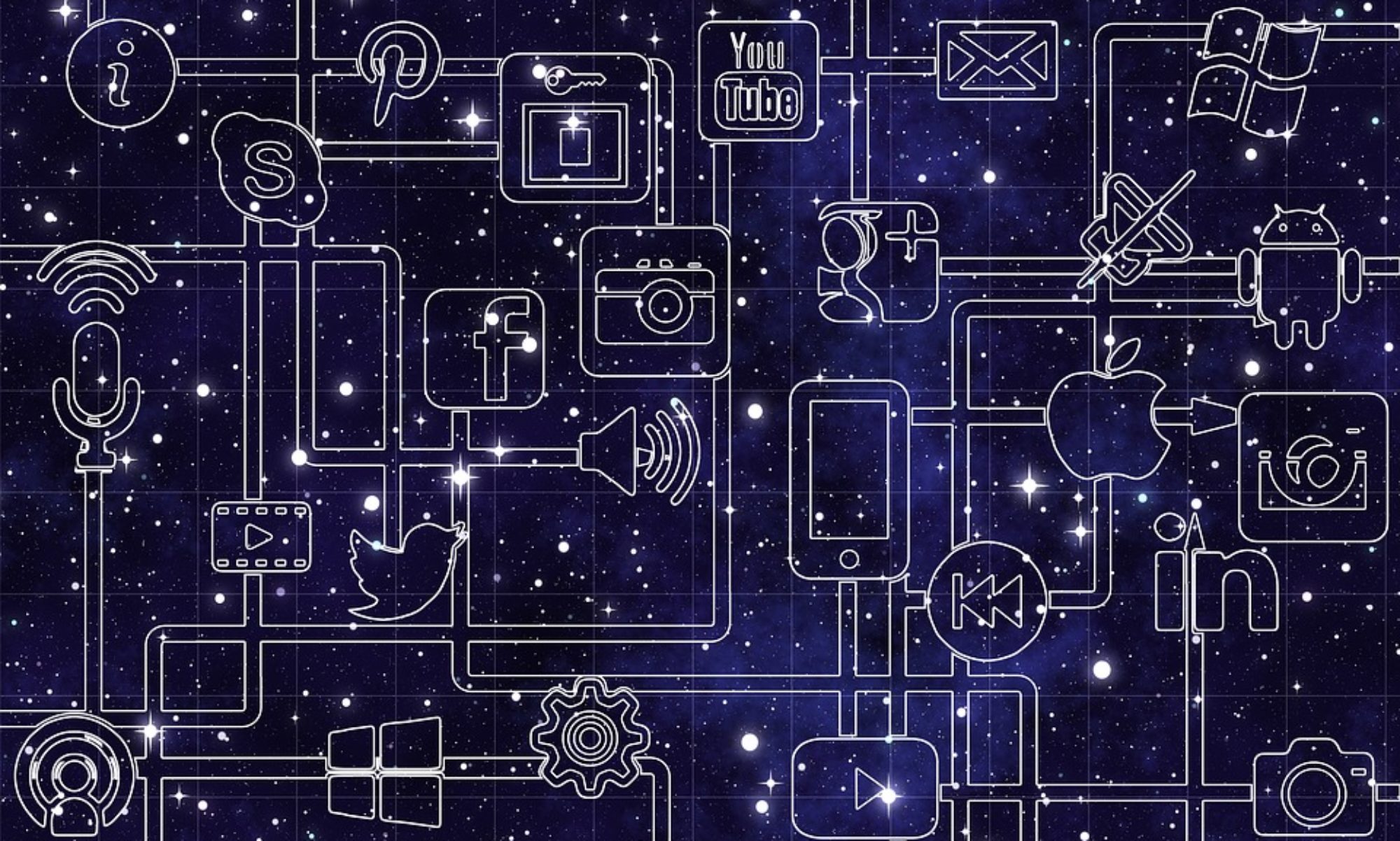Understanding, Reflecting, and Supporting Recovery Through Social Media Insights

Individuals start to accept and love their natural body and stay away from unrealistic expectations and fake societal norms

In this next stage, individuals are now comfortable with what food works best for their mind and body

Individuals are now comfortable in their journey and reflect on their past in a positive light and share their learnings with others
Why this Website Exists?
This website exists to empower individuals navigating eating disorder recovery by providing insights derived from real-world social media patterns. This website is more than just a collection of research findings. It’s a tool for empowerment and reflection. Here’s what we aim to achieve:
-Highlight the role of social media in shaping ED recovery journeys.
-Share patterns and transitions observed during social media usage and non-usage, helping users understand their own recovery narratives.
-Offer interactive tools to connect users with content from others at similar recovery stages, inspiring hope and actionable steps.
-Create a safe, supportive space for understanding and navigating ED recovery.
What We Have Learned?
Our analysis of over 12,000 posts from 17 Tumblr blogs reveals:
Non-use periods (pauses from posting) are pivotal moments: These breaks often mark transitions in recovery, from focusing on disordered behaviors to engaging in steps toward healing.
Short vs. Long Breaks: Short pauses are linked to themes like triggers and binge eating, while longer pauses often lead to more reflective and recovery-oriented posts.
Are you someone who has taken a break from social media?
If you’re someone who has taken a break from social media, our research shows that these pauses can be pivotal moments in your recovery journey. Short breaks (10-20 days) often reflect ongoing struggles, while longer breaks (20+ days) are associated with meaningful transitions toward recovery, such as increased focus on therapy and support networks.
Do You share your thoughts online?
Posts about triggers, recovery steps, and mental health can serve as powerful tools for self-reflection. Our research shows that over time, posts often shift from disordered behaviors to recovery-oriented topics, like engaging with a supportive community or celebrating therapy progress.
Did you notice a difference in how you felt after a break from social media?
Longer breaks often correlate with a reduction in posting about food and calorie fixation and an increase in recovery-focused content. This suggests that breaks can offer you a chance to recalibrate and come back stronger.
Wondering What's Next in your Journey?
Here’s where our interactive prototye comes in. Click on the following link to explore publicly shared social media posts related to eating disorders. This tool will allow you to see what others posted after a certain kind of post which will allow you to understand your point in the journey.

RESOURCES
Acknowledgement and Collaboration
“This material is based upon work supported by the National Science Foundation under Grant No.s 1816403 and 1814909.”
Disclaimer: “Any opinions, findings, and conclusions or recommendations expressed in this material are those of the author(s) and do not necessarily reflect the views of the National Science Foundation.”
To learn more about the authors, visit the links below:
